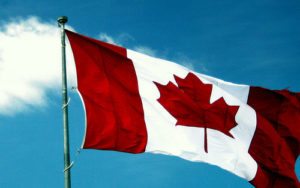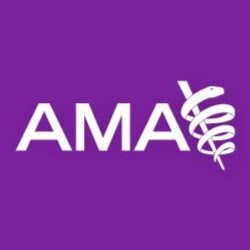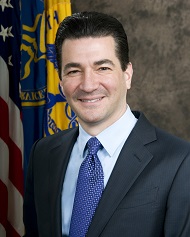Op-eds: Canadian and American regulators, law enforcement and patient advocates oppose drug importation
Since 2000, every head of the United States Food and Drug Administration (FDA) and United States Department of Health and Human Services (HHS) has opposed drug importation because the benefits that might be gained are far outweighed by the many dangers. Law enforcement, patient advocates, pharmacy groups, and regulators agree.
The Newfoundland and Labrador Pharmacy Board (NLPB), which governs and regulates all pharmacies operating in their Canadian province, has written a letter to the U.S. Congress, which bluntly states, “the importation of medicines from Canada is not the solution.”
The College of Pharmacists of Manitoba (CPM), the regulatory authority in the Canadian province of Manitoba that oversees safe pharmacy practice, wrote to the United States Congress requesting that they reject the current importation bill.
On March 22, the American Pharmacists Association (APhA), which represents 64,000 pharmacists, pharmacy technicians, pharmacy students and other pharmacy professionals wrote a letter to Congress opposing plans to legalize importation of non-FDA approved drugs. These proposals, they wrote, are “in direct conflict with recent efforts by Congress and federal agencies to increase the integrity and security of the U.S. drug supply.”
The Washington Post reports that the four most recent FDA commissioners have warned Congress that American patients will suffer if they import drugs from other countries, citing fake, substandard and contaminated drugs as potential consequences.
On Tuesday, February 28, Allan Coukell, Senior Director of Health Programs for the Pew Charitable Trusts, wrote Senator Bernie Sanders to ask that he not undermine safety protections for medication with the Affordable and Safe Prescription Drug Importation Act.
In 2016, the American Medical Association reaffirmed its longheld opposition to drug importation through two policy statements. The first, “Prescription Drug Importation and Patient Safety D-100.983,” supports only the importation of FDA-approved medicines. The second, “Federal Regulation and Computerized Tracking of Pharmaceuticals During Shipping and Handling from Manufacture Until Ultimately Received by Patient D-100.985,” promised to actively oppose drug diversion, illegal importation, and drug counterfeiting.
Counterfeiting of drugs has exploded since we last had a serious debate about the importation of branded drugs. In just one year, 2013, the Pharmaceutical Security Institute reports that worldwide incidents of pharmaceutical crime rose almost 9%. During one week in 2013, the FDA, in partnership with Interpol, seized $41 million worth of illegal or counterfeit medicines, and shut down over 1,600 illegal online pharmacies. Mexico is a major global source of those fake drugs. Its illicit trade stands at an estimated $650 million per year–equal to 10% of its total drug sales.
In 2016, The Canadian Arthritis Patient Alliance wrote a letter asking American “not to raid Canada’s pharmacies to try and buy cheaper medicines.” “Our newspapers,” they wrote, “are filled every day with stories of patients struggling to get medicines they are prescribed because we have barely enough drug supply to meet our needs. Shortages of medications across all therapeutic types have been happening more and more frequently, and Canadian patients are endangered by them.”
In May 2004, anesthesiologist and American Medical Association trustee Rebecca J. Patchin, MD spoke before the Department of Health and Human Services Task Force on Drug Importation to express concern about the safety and reliability of imported drugs.
- « Previous
- 1
- …
- 15
- 16
- 17



